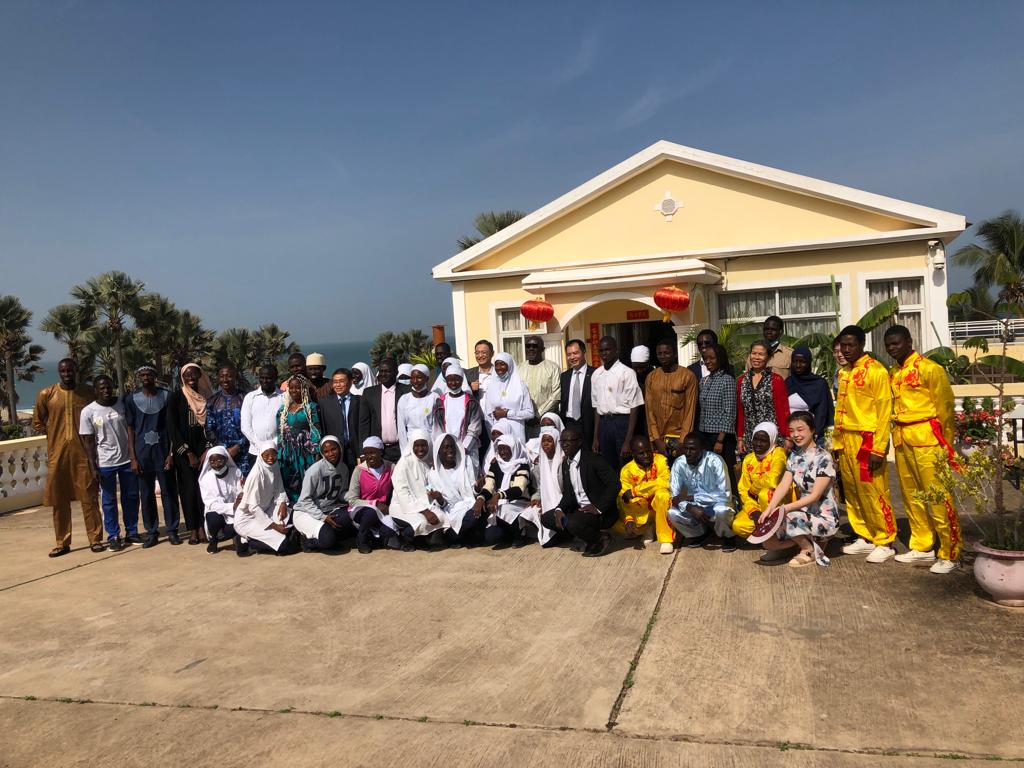By Alima Bah
Travelling is a privilege not enjoyed by many, and tourism is a global industry with a beautiful and glorious side. But there is a dark disheartening side of the tourism industry which involves the exploitation of vulnerable women, children, and men. Sex tourism is the act of traveling to another country, mostly developing and economically poor countries, with the intention of engaging in sexual activities with the locals. This is a flagrant violation of human rights and in a world that is constantly working towards progress and equity, this is an issue that can no longer be ignored. The consequences faced by the victims and host countries should be acknowledged and it is about time that there are comprehensive solutions and actions put in place to eradicate this unethical practice.
In the sex tourism industry, there is an intersectionalitybetween gender, migration, economics, and mobility. According to ECPAT International 250,000 people travel annually to engage in sex tourism with children in an industry that generates over $20 billion in revenue, hence the industry at its core heavily relies on economic disparities between the tourist and residents. The tourists in these cases normally come from developed countries with more economic resources exploiting either consciously or unconsciously the residents who are less privileged and turn to sex as means of survival.
Many countries in Africa, Asia, Caribbean etc. are great tourist destinations due to their beautiful white sand beaches and blue waters but this sinister side of tourism cannot continue to be ignored. Human rights is a universal right and every individual regardless of nationality or location has the fundamental right to equality/equity, freedom, and dignity. Sex tourism violates the fundamental rights of the local residents in the following ways:
1. Exploiting of economically poor and vulnerable individuals who engage in sex work. Due to lack of resources some are forced into this industry sometimes against their will to provide for their families and exploiting the vulnerability of individuals for personal gain and satisfaction is a grave injustice that strips people off their dignity.
2. Sex tourism goes seamlessly with sex and human trafficking as traffickers heavily rely on the desperation and vulnerability of victims to traffickthem into being sexually exploited.
3. There is a health risk associated with sex tourism as many engage in unprotected sexual activities which heavily contributes to the spread of sexually transmitted diseases. This is a grave violation of health rights as not just both parties are at the risk of disease contraction, with the local populations often lacking adequate healthcare facilities and resources putting their health at a greater risk and a wider public health risk.
4. Sex tourism perpetuates gender inequality and violence against women. Girls and women are disproportionately affected as they are often forced into sex work robbing them of their lives and violating their rights to education, health, autonomy, and freedom from violence.
5. Finally, sex tourism aggravates economic inequality as it highlights who holds the wealth and who doesn’t further perpetuating social and economic injustices.
Both national and international communities should work together in acknowledging the seriousness of sex tourism and its profound human rights violation. Steps to eradicate sex tourism and addressing it as a human rights violation requires an approach that is well rounded. These approaches will include:
1. Implementation of strict laws and policies. These will include code of conduct for the tourism companies including hotels and tour companies, immigration policies and border control to reduce the mobility of traffickers across different countries, rescuing of victims, and criminal justice response to everyone involved. There should be long prison sentences and harsh financial penalties imposed on perpetrators. These fines can be used to provide resources for the rehabilitation of victims of sex tourism.
2. International collaboration between host countries and that of the tourists. In the efforts to fight child sex tourism, the United States passed the PROTECT Act and the Trafficking Victims Protection Reauthorization Act where in engaging in child sex tourism is punishable for up to 30 years in prison and in 2012 the U.S Immigration and Customs Enforcement put out a notice to US citizens that their actions abroad may have serious consequences. This is a great example of how the international communities can work together in dismantling and abolishing this industry, and reduce the mobility of tourists who engage in sex tourism.
In conclusion, white sands and beautiful beaches should not be predatory grounds to exploit vulnerable people. As sex tourism and trafficking continue to be a great violation of human rights and global concern, it is only through global efforts that it can be eradicated. It is our moral duty to fight against it to preserve human rights of individuals regardless of gender, nationality, and their economics. Alima Bah, NYU Biology Masters of Science Candidate, New York, New York.




